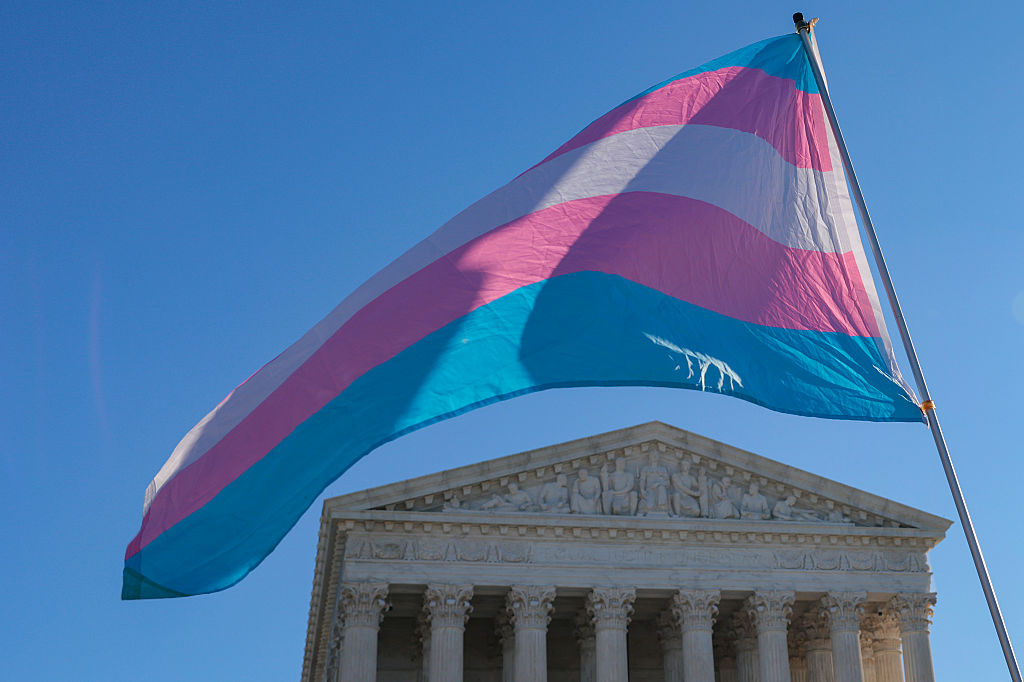New Jersey Governor Signs Law Protecting LGBTQ & Race-Related Books

The Garden State has assured so-called “controversial” books will remain on the bookshelves of public schools and libraries.
The Garden State has assured so-called “controversial” books will remain on the bookshelves of public schools and libraries.
New Jersey Governor Phil Murphy signed the Freedom to Read Act into law Monday. Librarians who comply with the new law will be protected against civil and criminal charges.
New Jersey joins two other democratic-led states, Illinois and Minnesota, in banning book bans.
The protections are set to take effect in New Jersey in the next year, but the state education commissioner and the New Jersey state librarian are authorized to begin immediate implementation.
These new protections come amid a country-wide push by conservative lawmakers and activists to challenge books deemed inappropriate for minors, namely books focusing on race or LGBTQ+ topics.
During the 2023-2024 school year, PEN America, a free speech nonprofit, reported 10,046 banned books in the United States. This school year recorded the highest number of bans, with over 4,000 unique titles removed in 10,000 instances.
Among the most commonly banned books, the majority include characters and people of color and LGBTQ+ characters and people.
Multiple state library, school, and advocacy organizations hailed New Jersey’s protections as a major win .
“In enacting the Freedom to Read Act, New Jersey is living up to its values by protecting the fundamental rights to freely speak, think, read, and write – especially for those who are most vulnerable,” ACLU-NJ said in a statement Monday.
The Freedom to Read Act has also been supported by EveryLibrary, the New Jersey Library Association, the New Jersey Association of School Librarians, Garden State Equality, the New Jersey Education Association, the Sikh Coalition, SweepNJ, New Jersey Principals and Supervisors Association, New Jersey Association of School Administrators, Garden State Coalition of Schools, New Jersey School Boards Association, and NJ League of Women Voters.












